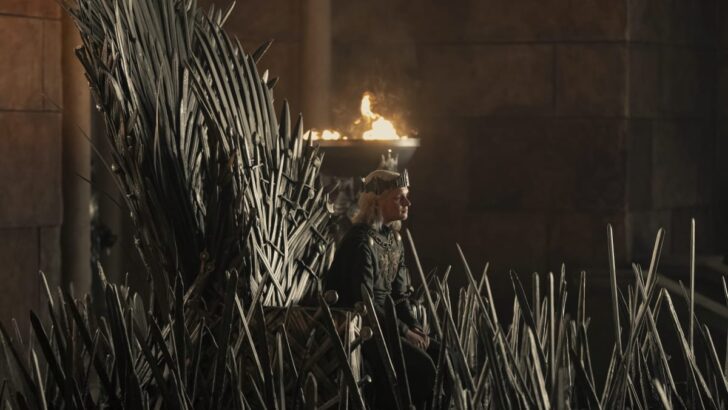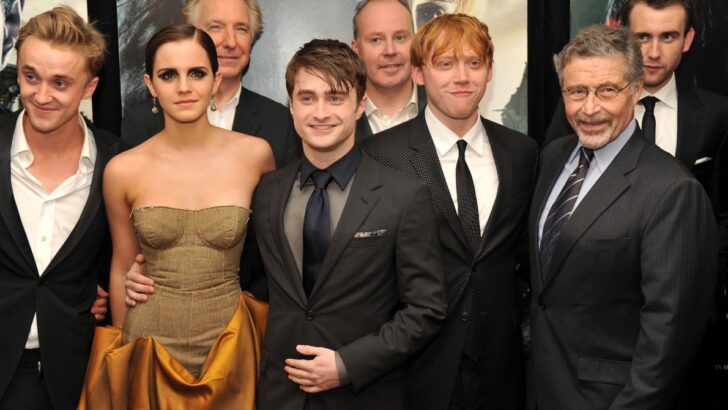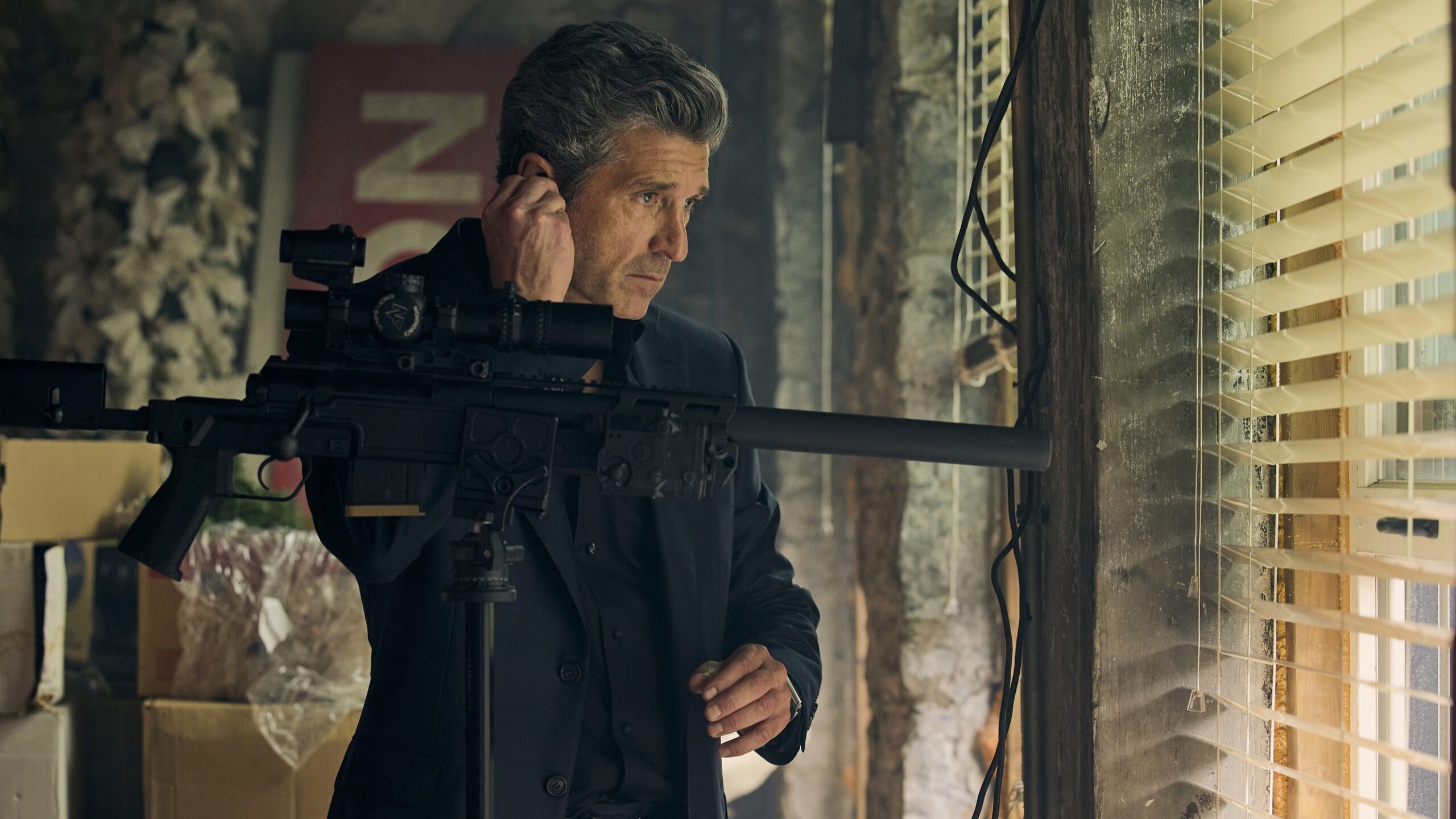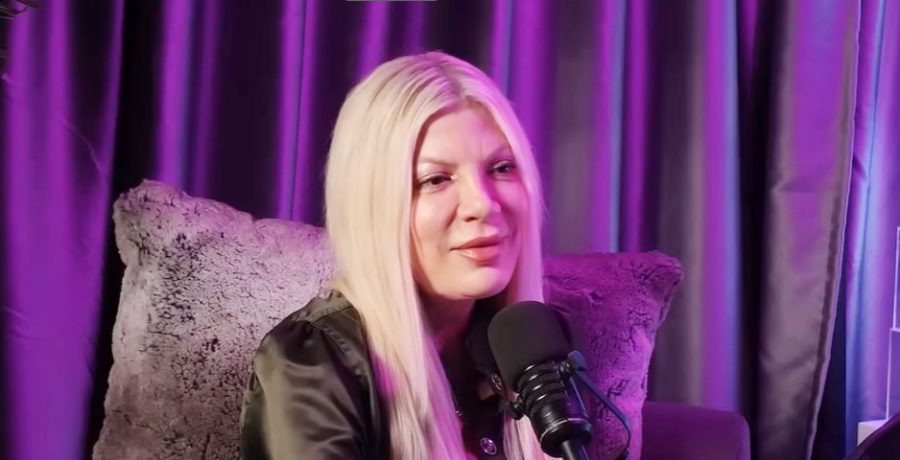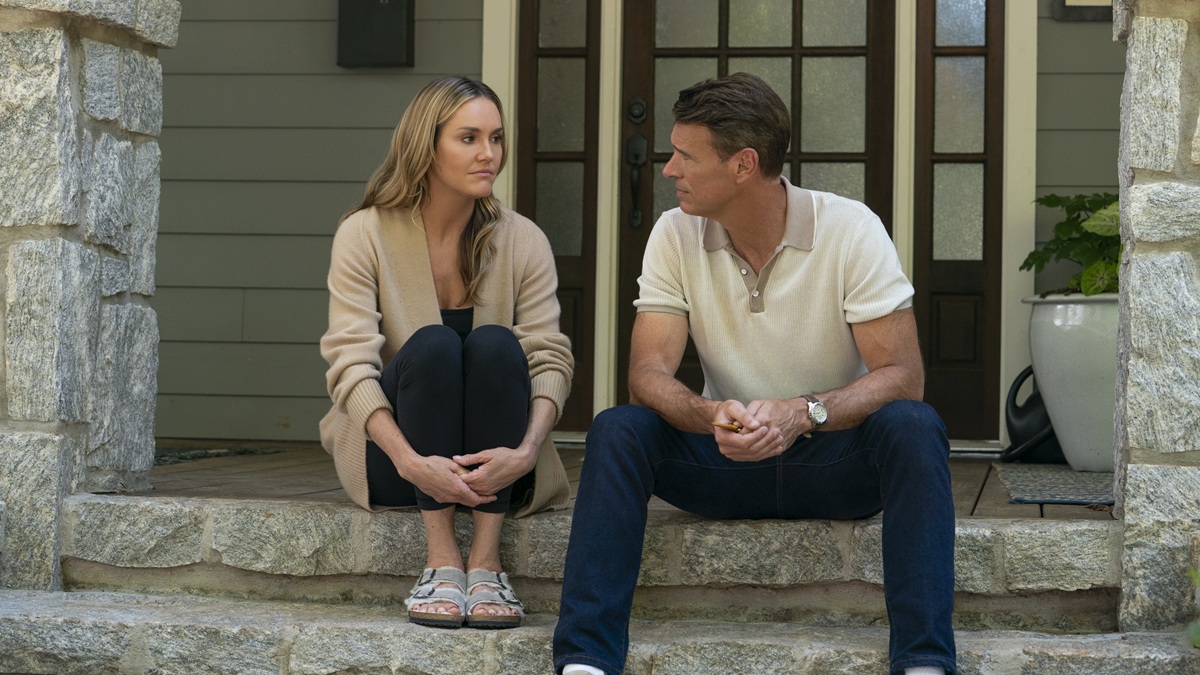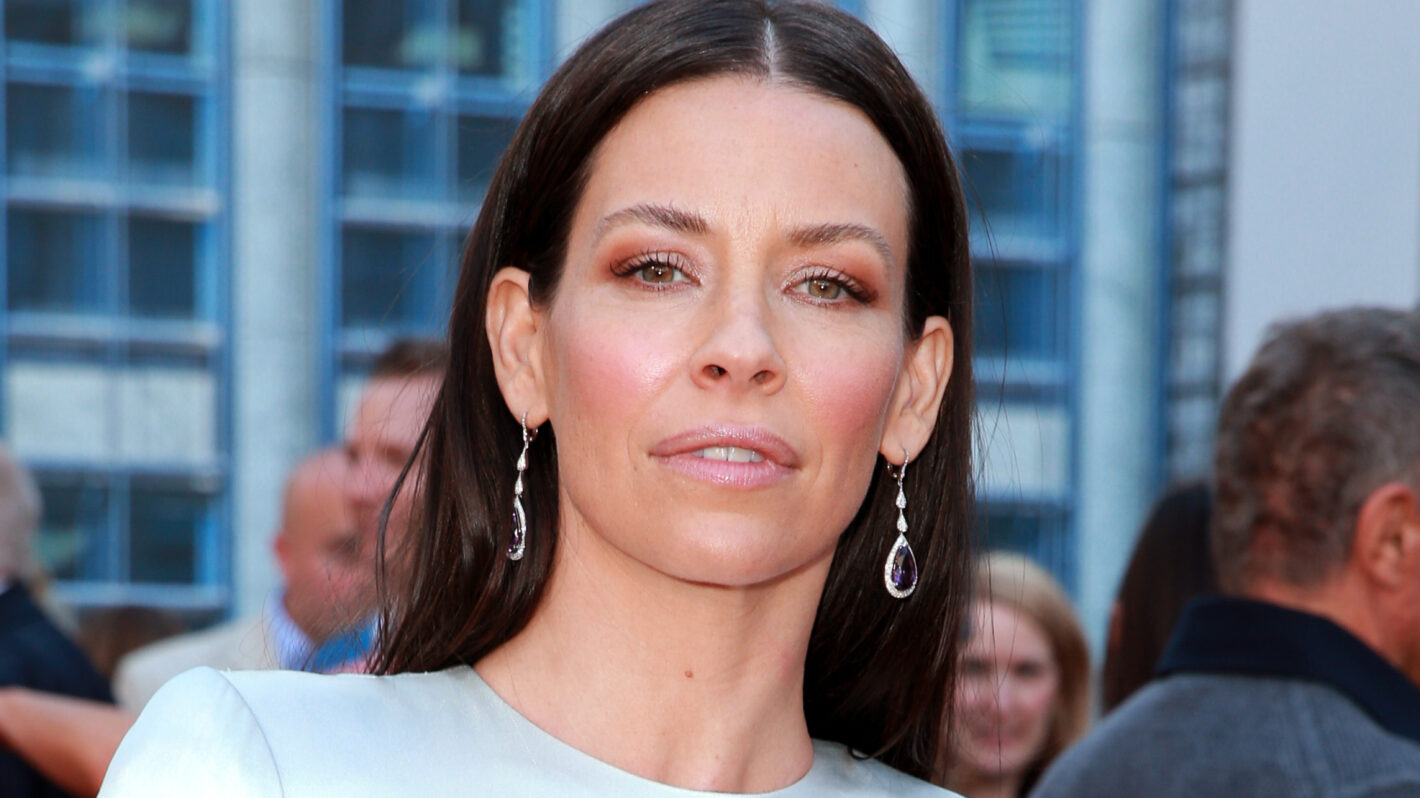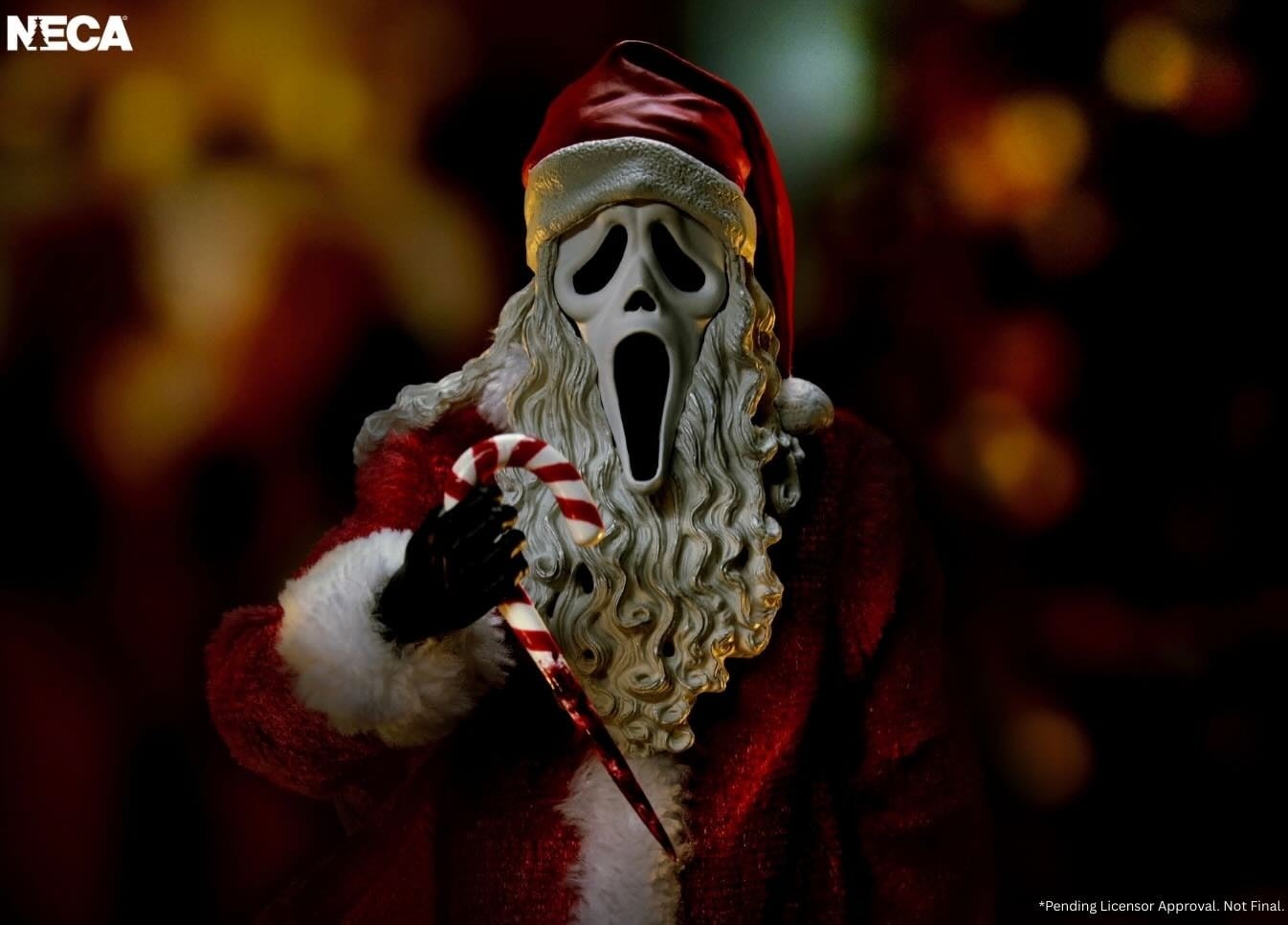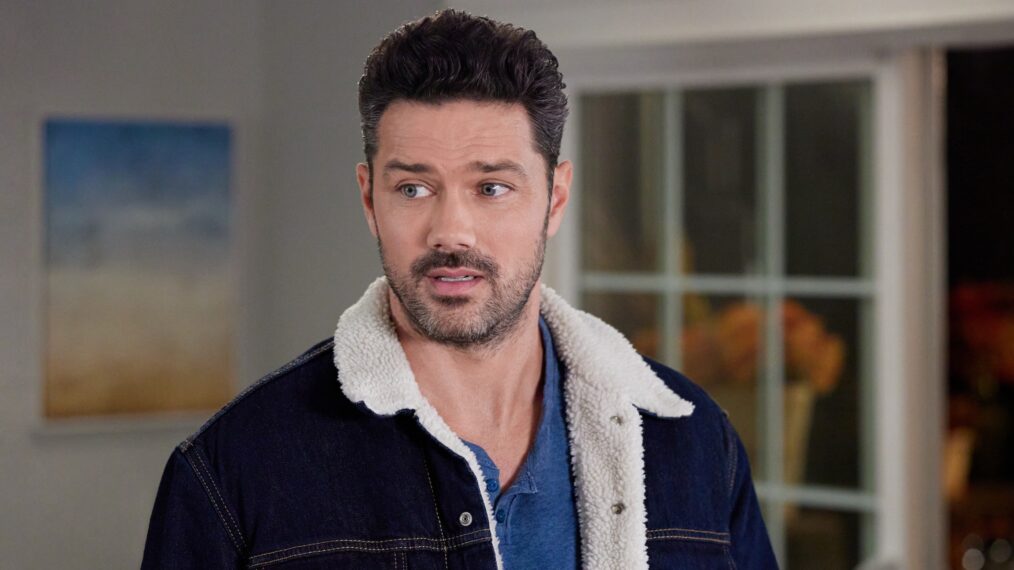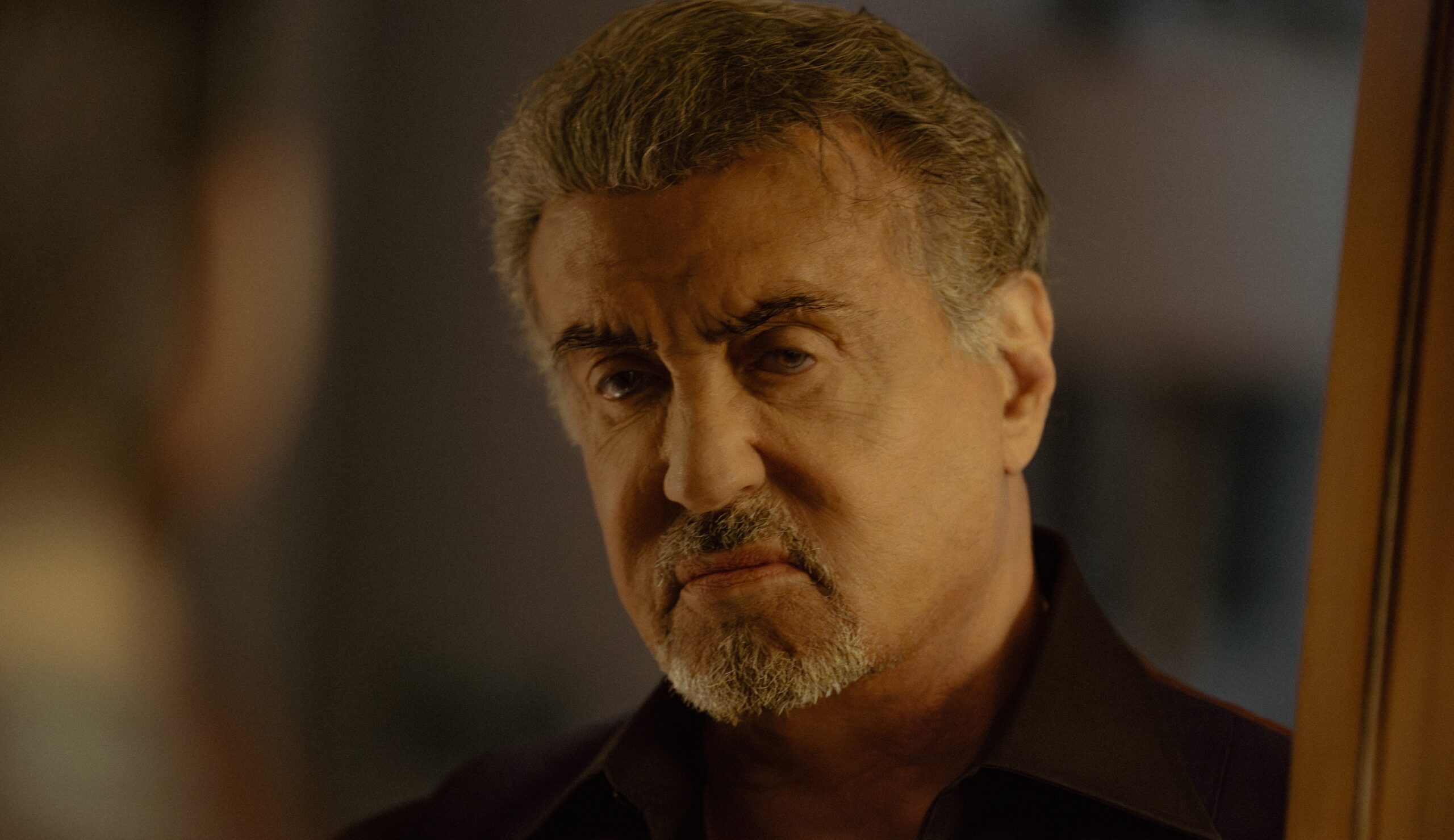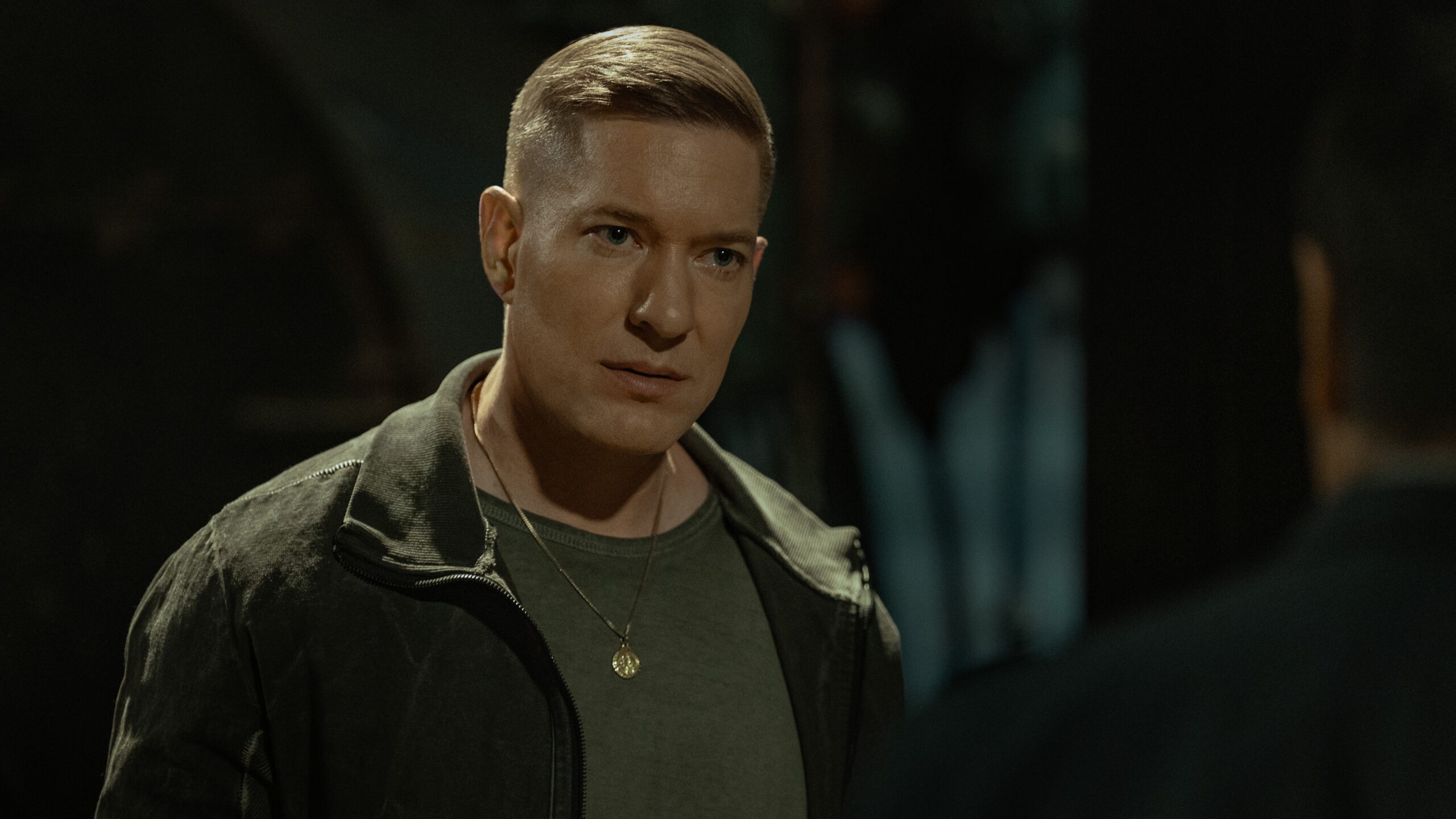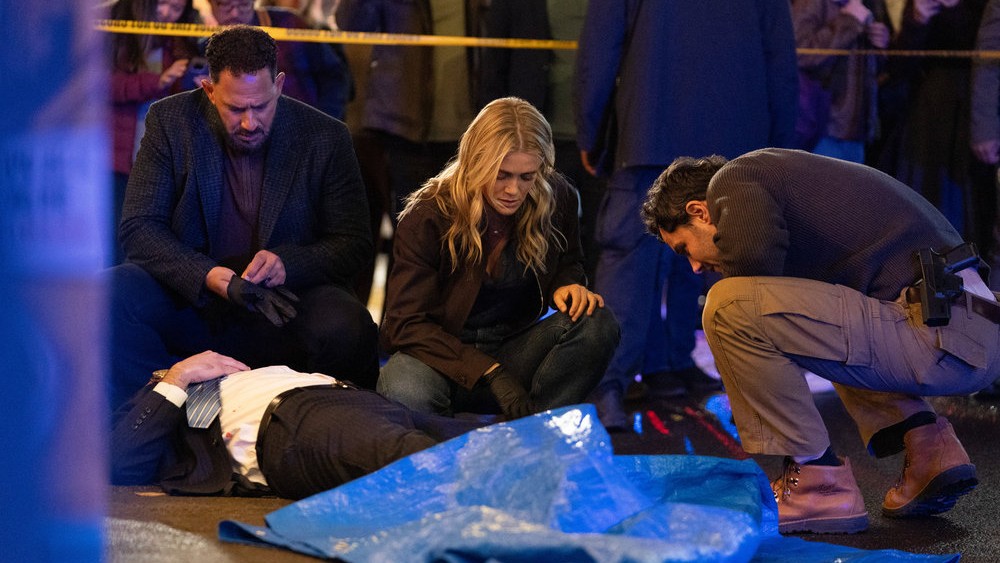It won’t be wrong to say that Game of Thrones owned our lives ten years ago.
It was a weekly religion. I used to cancel plans, mute group chats, and treat the “Previously on…” recap like gospel.
When Season 5 aired in April 2015, the show that once ruled TV like Daenerys on Drogon was quietly losing its crown.
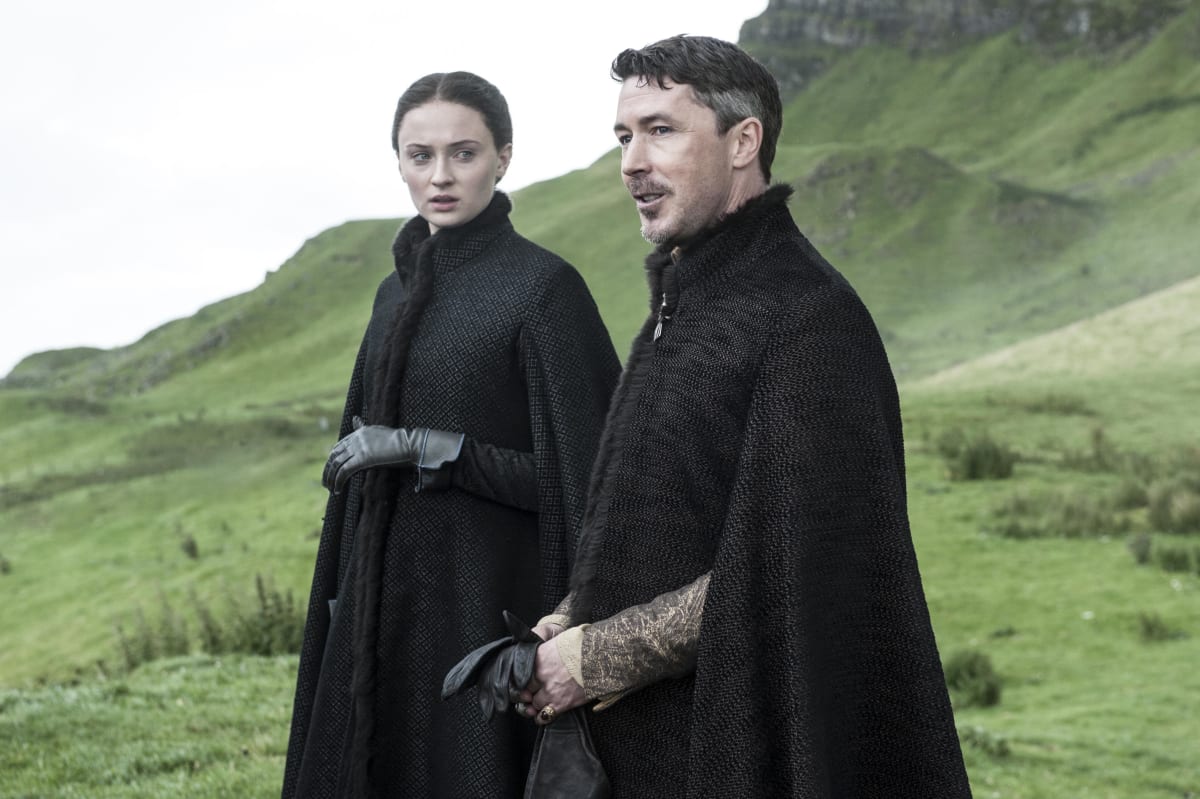
This was the season that swapped Jeyne Poole’s harrowing storyline for Sansa Stark‘s: a change that looked small on paper but hit like wildfire in the fandom.
And George R.R. Martin’s later words now sound like a prophecy fulfilled. He warned us. We just didn’t listen.
The Jeyne Poole Switch That Broke the Spell
If you blinked during Game of Thrones Season 5 Episode 3, you might’ve missed it; the single change that derailed the show’s trajectory like a cart wheel in the mud.
The showrunners quietly replaced Jeyne Poole’s Winterfell storyline with Sansa Stark’s. Casual fans saw a shortcut but book readers felt a Red Wedding-level betrayal.
In the novels, Jeyne is Sansa’s childhood friend, a side character who later masquerades as Arya Stark to marry Ramsay Bolton.
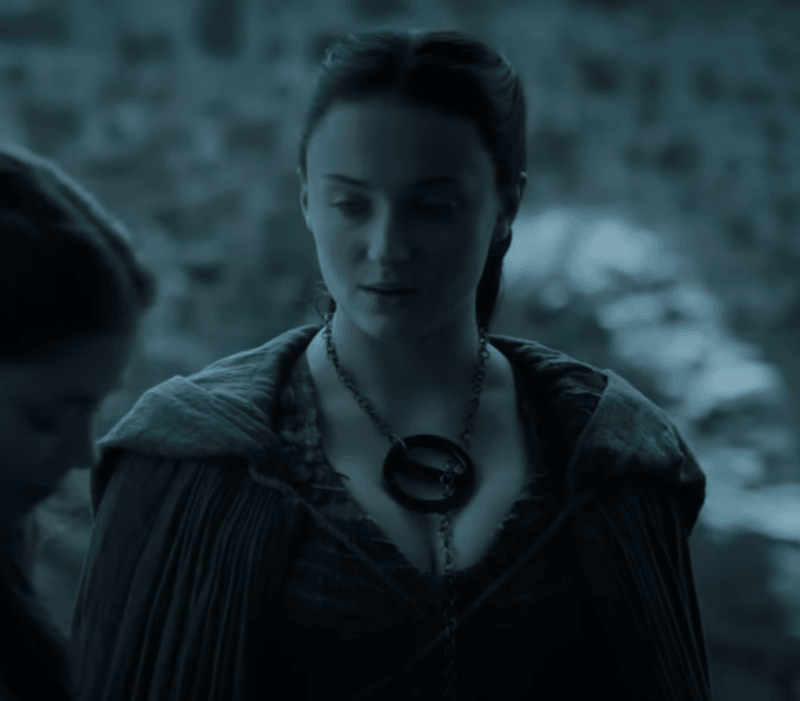
It’s tragic, horrifying, but emotionally distant. On HBO’s screen, however, they dropped Jeyne entirely and sent poor Sansa north into Ramsay’s torture den.
As someone who’s read the books (and shouted about them in group chats), I remember sinking into my couch thinking, “Why, Seven Gods, why her?”
Sure, it gave Brienne something to do and made Theon’s redemption more emotional, but the ripple effect was enormous. It wasn’t just a rewrite; it was a rewire.
George R.R. Martin‘s Butterfly Effect and HBO’s Blind Spot
When George R.R. Martin later talked about the “butterfly effect”, he wasn’t being poetic; he was practically screaming into the void.
In his since-deleted blog post about House of the Dragon, he wrote about how even “small and seemingly insignificant alterations” can completely distort a story’s future.
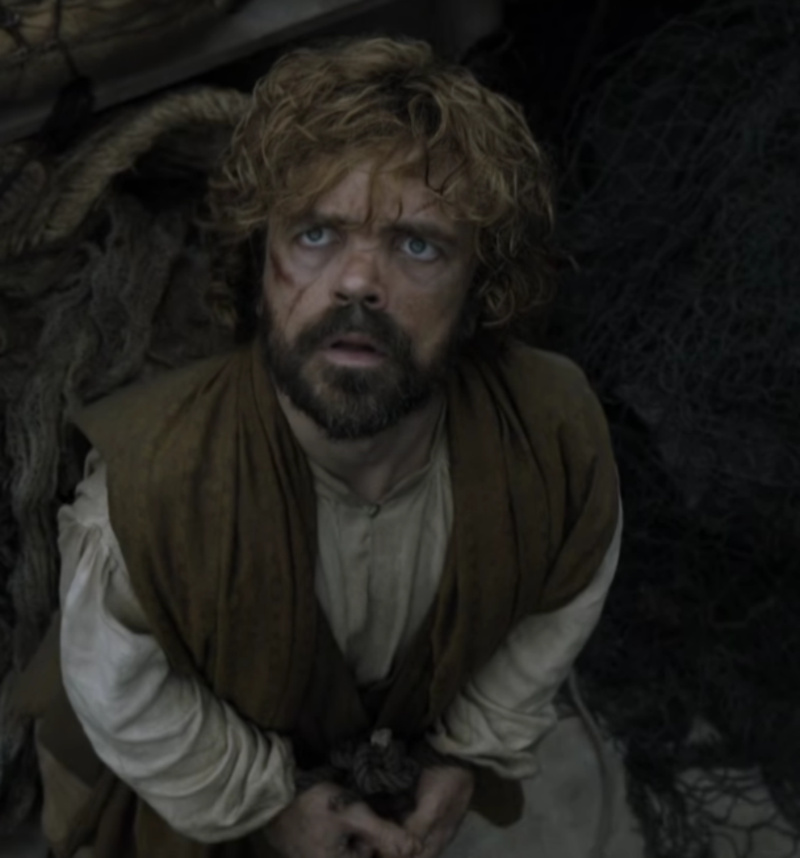
He quoted Ray Bradbury’s “A Sound of Thunder”, where a man steps on a butterfly in the past and returns to find the world changed forever.
Martin then wrote, “The lesson being that change begets change, and even small and seemingly insignificant alterations to a timeline — or a story — can have a profound effect on all that follows.”
In another post, Martin lamented Hollywood’s obsession with ‘improving’ beloved stories:
“It does not seem to matter whether the source material was written by Stan Lee, Charles Dickens, Ian Fleming, Roald Dahl, Ursula K. Le Guin, J.R.R. Tolkien, Mark Twain, Raymond Chandler, Jane Austen, or… well, anyone…
“No matter how major a writer it is, no matter how great the book, there always seems to be someone on hand who thinks he can do better.”
Martin added, “They never make it better, though. Nine hundred ninety-nine times out of a thousand, they make it worse.”

Tell me that doesn’t sound like a dragonglass dagger through the heart?
When Game of Thrones Season 5 Took the Wrong Turn
To be fair, Benioff and Weiss weren’t villains here. They were trapped between a rock and an unfinished manuscript.
The Winds of Winter wasn’t ready, so they had to improvise. But here’s the rub: sometimes ‘creative freedom’ feels less like a gift and more like a curse with subtitles.
By sending Sansa north, the show erased her entire Vale storyline; a chessboard of intrigue that could’ve rivaled Cersei’s politics.
Instead, she became Ramsay’s prisoner, and Jon Snow’s later decision to “rescue his sister” lost its haunting irony.

In the books, Jon risks everything for a girl pretending to be Arya, someone he barely knows. That tragedy? Gone!
Even Littlefinger’s fall became clumsy. His intricate schemes were swapped for a few awkward scenes where Sansa and Arya played detective.
It was as if the writers lost the instruction manual to Martin’s world and started winging it. And that’s when Game of Thrones stopped feeling inevitable.
Game of Thrones: The Curse of ‘Making It Your Own‘
Brandon Sanderson, another fantasy heavyweight, once wrote on Reddit:
“Screenwriters and directors are creative, and want to tell their own stories, but it’s almost impossible to get those made… when given the chance at freedom, they go off the rails.”
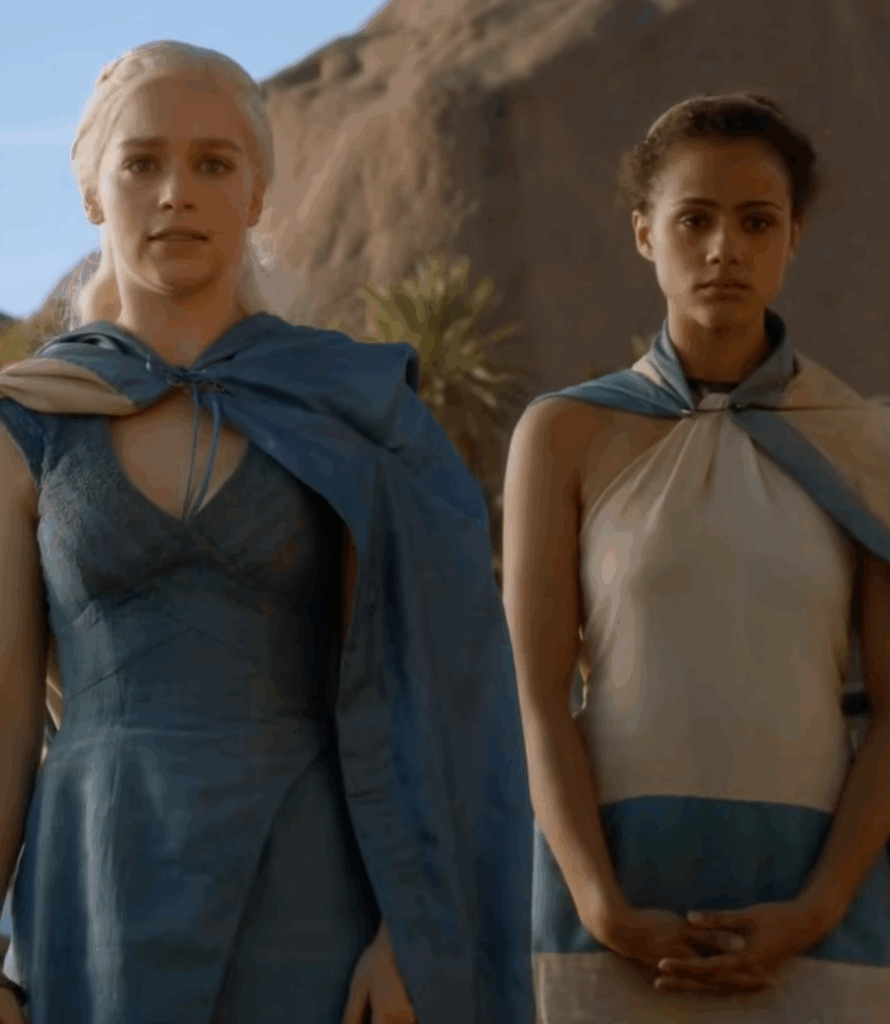
Sound familiar? Hollywood’s allergic to originality, so it hijacks beloved franchises, tweaks them “for modern audiences,” and calls it vision.
Game of Thrones wasn’t immune. The problem wasn’t ambition; it was arrogance.
Game of Thrones Season 5 was the turning point: the butterfly flapped, and by Game of Thrones Season 8, Westeros had fallen into narrative winter.
Was Game of Thrones Season 5 the Moment the Magic Died?
I’ll say it: yes. The writing was still sharp, the acting still stellar, but something sacred was lost.

Still, as a fan, I can’t quite quit it.
Even after that finale, Game of Thrones remains a monumental story that shaped a decade of television.
So did Season 5 mark the fall of Game of Thrones, or am I just a jaded Maester clutching old parchments?
Drop your thoughts below; I’ll be in the comments, probably arguing about why Lady Stoneheart deserved better.
-
Making Sense of the Game of Thrones Universe Spinoffs
Based on George R.R. Martin’s A Song of Ice and Fire series of fantasy novels, Game of Thrones was a breakthrough …
-
Max Officially Announced with Harry Potter Reboot, New Big Bang Theory and Game of Thrones Spinoffs, & More!
As has been teased for months, HBO Max will be revamped as Max, but we’re getting a Harry Potter TV series, a new Big Bang Theory spinoff, and even more Game of Thrones!
-
House of the Dragon Trailer: Dragons Return to HBO in Game of Thrones Spinoff
House of the Dragon has a thrilling new trailer, and it brings bigger and better dragons to HBO! Check out the full clip to find out whether the show looks good.
The post Game of Thrones: Did HBO’s Creative Liberties in Season 5 Cost the Series Its Magic? appeared first on TV Fanatic.

